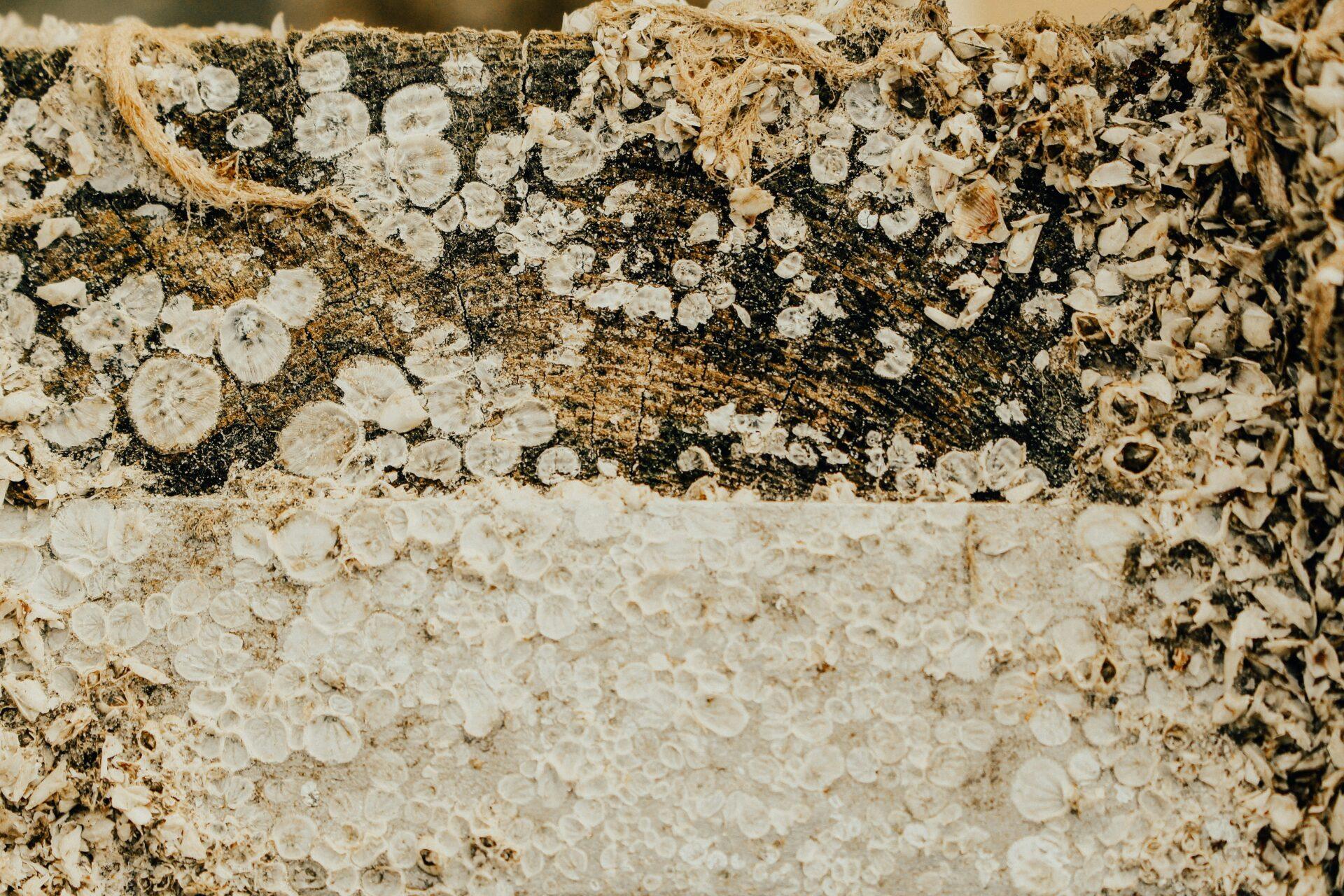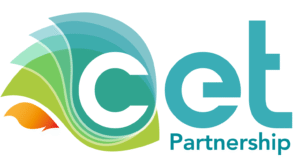A project within Clean Energy Transition Partnership, CETP
The project originates from the 2023 call within CETP, a multilateral and strategic partnership between national and regional research, development, and innovation programs in the EU Member States and associated countries. Its purpose is to promote and accelerate the energy transition and support the implementation of the European Strategic Energy Technology Plan (SET Plan).
The Swedish Energy Agency finances the participation of the Swedish partners in the project, namely Swedish University of Agricultural Sciences, and Rindvirke Poles AB.
The project also includes participation from Norway, Turkey, and Nigeria.


